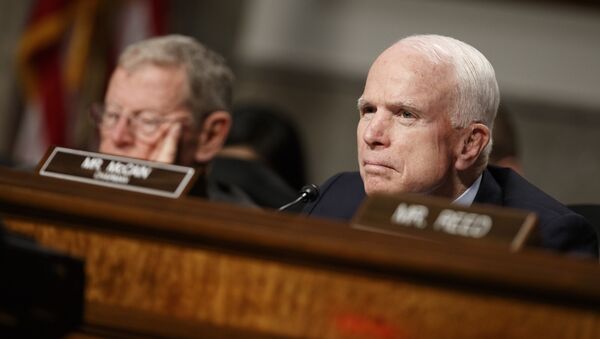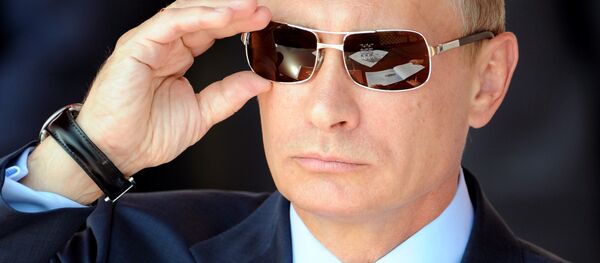"Taking into account Trump's previous actions, one could assume that the US president intends to deliver on this campaign promise," the analyst said, adding that Trump has pledged to search for a positive agenda in Washington's relations with Moscow.
Zudin, a member of the expert council at the Institute of Socio-Economic and Political Research, maintained that carrying out this plan into practice will be hard.
"A bilateral coalition of those opposed to improving relations between the United States and Russia and in favor of maintaining a hard line [on Moscow] has emerged," he said. "This is why this initiative has faced and will face fierce opposition."
Trump has repeatedly indicated that he is interested in improving relations with Moscow, adding that both countries could join efforts to tackle international terrorism in Syria and the Middle East. Both leaders have already spoken twice, with their second phone conversation lasting approximately an hour.
The White House described Trump's call with Vladimir Putin as "a significant start to improving the relationship between the United States and Russia that is in need of repair," adding that both presidents were hopeful that the two sides "can move quickly" to tackle terrorism and other important issues of mutual concern.
"The US president was not the only one taking part in the call. The vice-president and several members of the Trump team were also present," he said. "This is important. This indicates that Trump has tried to offset potential negative implications of the conversation and prevent his opponents [from using it against him]."
The political analyst also singled out areas of potential cooperation between the two countries.
"These include joint efforts to tackle Daesh in Syria and the Middle East; security, nuclear missiles and strategic stability; as well as issues related to expanding and boosting economic cooperation between our countries," he said.
Never miss a story again — sign up to our Telegram channel and we'll keep you up to speed!



